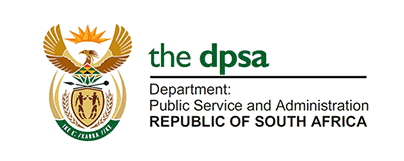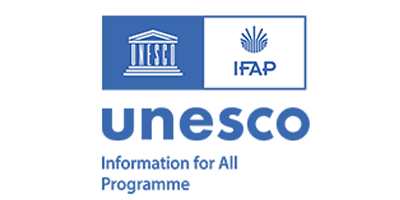▢ About
The term ‘smart city’ has become a synonym for innovation in urban areas. Over the past decades, scholars, the private sector, and international institutions have explored the potential of implementing digital technologies in urban spaces to deliver services, improve the economy, and make cities a better place to work and live. Despite significant developments, many implemented solutions are technology-driven, and the humanistic approach has received less attention. In this regard, some challenges must be overcome to put the people at the centre of smart city development, prioritising humanity, inclusivity, and sustainability to leave no one behind in the digital transformation. It is also necessary to connect the smart cities’ approach to the New Urban Agenda and the climate emergency to develop concrete recommendations for regional and local governments. Moreover, it is crucial to create contextualised solutions and recommendations since the cities are different between them, countries, and regions. This track calls for papers that discuss how people are placed at the centre of smart city efforts, such as local e-governance, digital infrastructures, local innovation systems, rural domain, traditional governance, and indigenous knowledge systems. Furthermore, it addresses the development in smart cities policy models and technology innovations in the areas of energy, transportation, health, education, public safety, structures, natural environment, and business, community-based infrastructure resilience, urban informatics. Smart grids, sensors, the Internet of Things (IoT), Artificial Intelligence (AI), and Big Data Analytics, as well as smart devices and their novel use in public management, are also included in this track.








